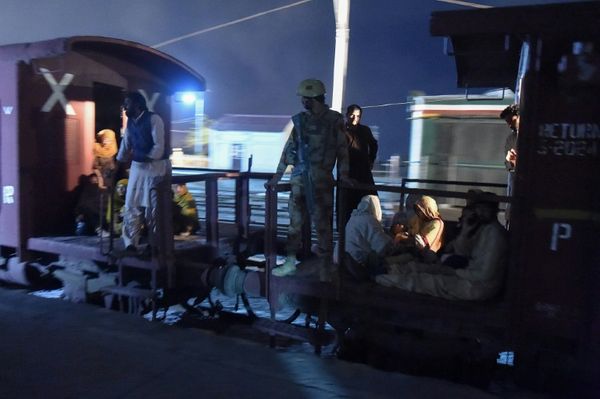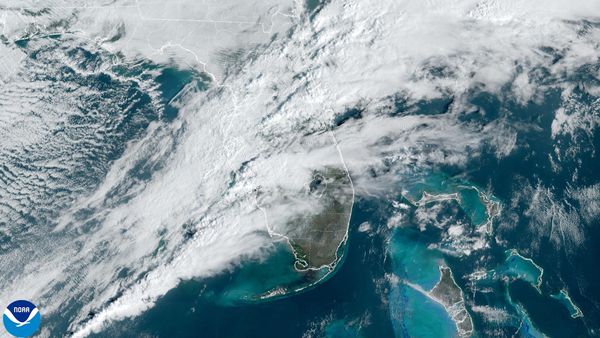
The UN’s food agency has warned that the “overexploitation” of fish in west Africa by the growing global fishmeal and fish oil industry is having a “considerably negative impact” on food security, undermining the ability of local communities to feed themselves.
The UN Food and Agriculture Organization (FAO) report said that in Senegal, where three more huge fishmeal factories opened between 2015 and 2019, the industry was “likely increasing the risk” of overexploitation of sardinella and bonga, two pelagic fish on which communities depend.
In Uganda, where the factories rely mainly on fish species eaten by poorer communities, the industry competes directly with the “poorest consumers”, it said, making the price of fish unaffordable. The FAO has previously called for catches of sardinella species to be halved as a matter of urgency.
Dr Aliou Ba, senior oceans campaigner at Greenpeace Africa, said: “We are heading for disaster and here is the proof. People here are facing rocketing food prices and devastating unemployment.

“West African governments have created an economic model that benefits the wealthy in developing economies rather than our own people,” he said. “West African states should get rid of these destructive industries and take their responsibilities in order to preserve food security, jobs and the wellbeing of populations.”
Last October, Greenpeace activists intercepted a 96-metre tanker in the Channel carrying fish oil from west Africa to Europe, to highlight the threat the industry poses to food security and to livelihoods in the region.
The FAO report focused on nine countries, concluding that while the sector offered some economic opportunities, its “social benefits remain limited”.
In Senegal, the gap between supply and demand for fish is forecast to hit 150,000 tonnes a year this decade, sending prices rocketing .
The industry creates employment in the factories and mills. However, many of the jobs are insecure, temporary and do not always employ local people – in Mauritania, for example, employees in the industry were mostly from China and Senegal.
In Senegal, fish oil and fish meal factories employed 129 permanent and 264 temporary staff in 2018 – compared with 600,000 workers in the artisanal fishing sector.
Almost all the fish-derived ingredient (FDI) produced in Congo, the Gambia, Mauritania and Senegal is exported to China and Turkey, where the owners and investors in the west African factories and industrial fishing fleets mainly come from, the report found.
Globally, 69% of fishmeal and 75% of fish oil is used to feed farmed fish such as salmon and trout.







